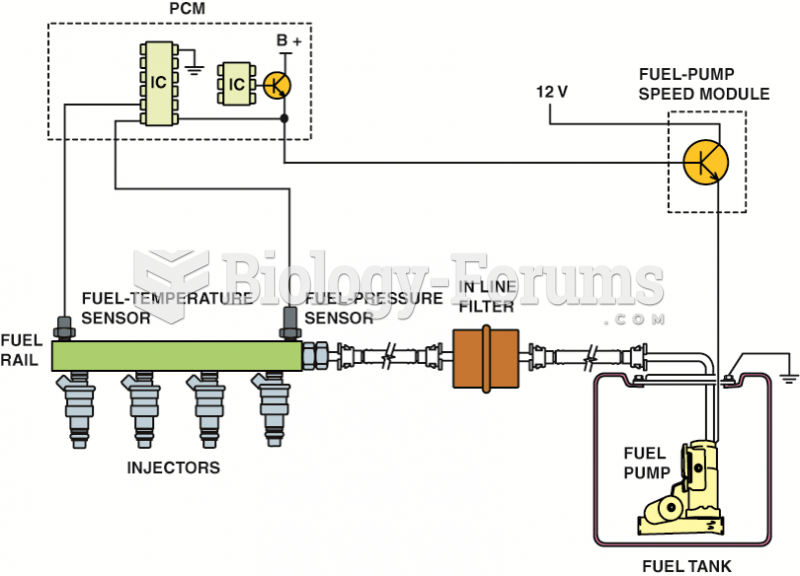This topic contains a solution. Click here to go to the answer
|
|
|
Did you know?
Elderly adults are living longer, and causes of death are shifting. At the same time, autopsy rates are at or near their lowest in history.
Did you know?
In Eastern Europe and Russia, interferon is administered intranasally in varied doses for the common cold and influenza. It is claimed that this treatment can lower the risk of infection by as much as 60–70%.
Did you know?
Green tea is able to stop the scent of garlic or onion from causing bad breath.
Did you know?
The familiar sounds of your heart are made by the heart's valves as they open and close.
Did you know?
About 3% of all pregnant women will give birth to twins, which is an increase in rate of nearly 60% since the early 1980s.
 (a) With few ticks, moose retain a brown coat; (b) at high numbers of ticks, moose self-groom, destr
(a) With few ticks, moose retain a brown coat; (b) at high numbers of ticks, moose self-groom, destr
 Pulse oximetry with the sensor probe applied securely, flush with skin, making sure that both sensor
Pulse oximetry with the sensor probe applied securely, flush with skin, making sure that both sensor
 An AC voltage is produced by a magnetic sensor. Most sensors should produce at least 0.1 volt AC ...
An AC voltage is produced by a magnetic sensor. Most sensors should produce at least 0.1 volt AC ...




